目录
- 1.URI与URL
- 2.申请一个天气的免费API
- 3.GET请求
- 4.POST请求
1.URI与URL
URI(Uniform Resource Identifier,统一资源标志符),表示web上的每一种可用资源,具体的东西例如html文档,图像、视频、程序等。
URL(Uniform Resource Locator,统一资源定 位 器),也就是网络地址。
URL是URI的一种。
URI是对网络资源更宽泛的一种标识。
URL通常指的是网络连接,更多以http://www开头。
2.申请一个天气的免费API
网址:https://www.yiketianqi.com/index/doc,登陆后会自动生成属于自己的appid和appsecret

3.GET请求
主要目的:从服务端获取符合条件的数据。
会向服务端发送少量数据,携带的参数会拼接在URL后面,参数是少量而有限的
GET请求的URL举例:
https://www.tianqiapi.com/free/day?cityid=10010&cityname=北京&data=20220728
协议(https://)域名及端口(www.tianqiapi.com:80) 路径(/free/day)条件(cityid=10010&cityname=北京&data=20220728)
NetUtil程序如下:
public class NetUtil{
public static String BASE_URL="https://v0.yiketianqi.com/free/day";
public static String APP_ID="148469http://www.devze.com72";
public static String APP_SECRET="Guya4Gz2";
public static String doGet(String url){
BufferedReader reader = null;
String bookHSONString = null;
try{
//1.HttpURLConnection建立连接
HttpURLConnection httpURLConnection = null;
URL requestUrl = new URL(url);
httpURLConnection = (HttpURLConnection)requestUrl.openconnection();//打开连接
httpURLConnection.setRequestMethod("GET");//两种方法GET/POST
httpURLConnection.setConnectionTimeout(5000);//设置超时连接时间
httpURLConnection.connect();
//2.InputStream获取二进制流
InputStream inputstream = httpURLConnection.getInputStream();
//3.InputStreamReader将二进制流进行包装成BufferedReader
reader = new BufferedReader(new InputStreamReader(inputStream));
//4.从BufferedReader中读取String字符串,用StringBulider接收
Swww.devze.comtringBulider bulider = new StringBulider();
String line;
while((line=reader.readLine())!=null){
bulider.append(line);
bulider.append("\n");
}
if(bulider.length()==0)
{
return null;
}
//5.StringBulider将字符串进行拼接
bookjsONString = bulider.toString();
}catch(MalformedURLException e){
e.printStackTrace();
}finally {
// 关闭连接
if (urhttp://www.devze.comlConnection != null) {
urlConnection.disconnect();
}
if (reader != null) {
try {
reader.close();
} catch (IOException e) {
e.printStackTrace();
}
}
}
return bookJSONString;
}
public static String getWeatherOfCity(String city){
//拼接处get请求的url
String weatherUrl = BASE_URL+"?"+"appid="+APP_ID+"&"+"appsecret="+APP_SECRET+"&"+"city="+city;
//打印上面的url
Log.d("fan","-----weatherUrl----"+weatherUrl);
//调用开发者_开发培训上文所写的doGet方法,传参
String weatherResult = doGet(weatherUrl);
return decodeUnicode(weatherResult);
}
//解码Unicode,将其转化为我们认识的汉字
public static String decodeUnicode(String unicodeStr) {
if (unicodeStr == null) {
return null;
}
StringBuffer retBuf = new StringBuffer();
int maxLoop = unicodeStr.length();
for (int i = 0; i javascript< maxLoop; i++) {
if (unicodeStr.charAt(i) == '\\') {
if ((i < maxLoop - 5) && ((unicodeStr.charAt(i + 1) == 'u') || (unicodeStr.charAt(i + 1) == 'U')))
try {
编程客栈 retBuf.append((char) Integer.parseInt(unicodeStr.substring(i + 2, i + 6), 16));
i += 5;
} catch (NumberFormatException localNumberFormatException) {
retBuf.append(unicodeStr.charAt(i));
}
else
retBuf.append(unicodeStr.charAt(i));
} else {
retBuf.append(unicodeStr.charAt(i));
}
}
return retBuf.toString();
}
}
MainActivity.Java程序如下:
public class MainActivity extends AppCompatActivity{
private TextView tvContent;
//此处写一个handler程序
private Handler mHandler = new Handler(Looper.myLooper()){
@Override
public void handleMessage(@NonNull Message msg){
super.handlerMessage(msg);
if(msg.what==0){
String strData = (String)msg.obj;
tvContent.setText(strData);
Toast.makeText(MainActivity.this,"主线程收到网络消息啦!",Toast.LENGTH_SHORT).show();
}
}
};
@Override
protected void onCreate(Bundle savedInstanceState) {
super.onCreate(savedInstanceState);
setContentView(R.layout.activity_main);
tvContent = findViewById(R.id.tv_content);
}
public void start(View view){
//做一个耗时任务
new Thread(new Runnable(){
@Override
public void run(){
String stringFormNet = getStringFormNet();
//使用handler来发送消息
Message message = new Message();
message.what = 0;//用于区分是谁发的消息
message.obj = stringFormNet;
mHandler.sendMessage(meaasge);
}
}).start();
Toast.makeText(MainActivity.this,"开启子线程请求网络!",Toast.LENGTH_SHORT).show();
}
private String getStringFormNet(){
//从网络上获取字符串
return NetUtil.getWeatherofCity("深圳");
}
}
运行结果:
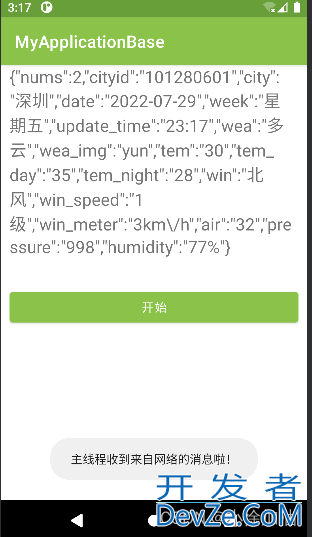
4.POST请求
主要目的:向服务端提交数据。
也会接收少量服务端的响应数据,携带的参数会单独放到map中,参数是大量的。
POST请求的URL举例:
https://www.tianqiapi.com/free/day+Map<String,String><city_id,1010><city_name,北京><date,20220728>
到此这篇关于android网络开发中GET与POST请求详解的文章就介绍到这了,更多相关Android GET与POST内容请搜索我们以前的文章或继续浏览下面的相关文章希望大家以后多多支持我们!
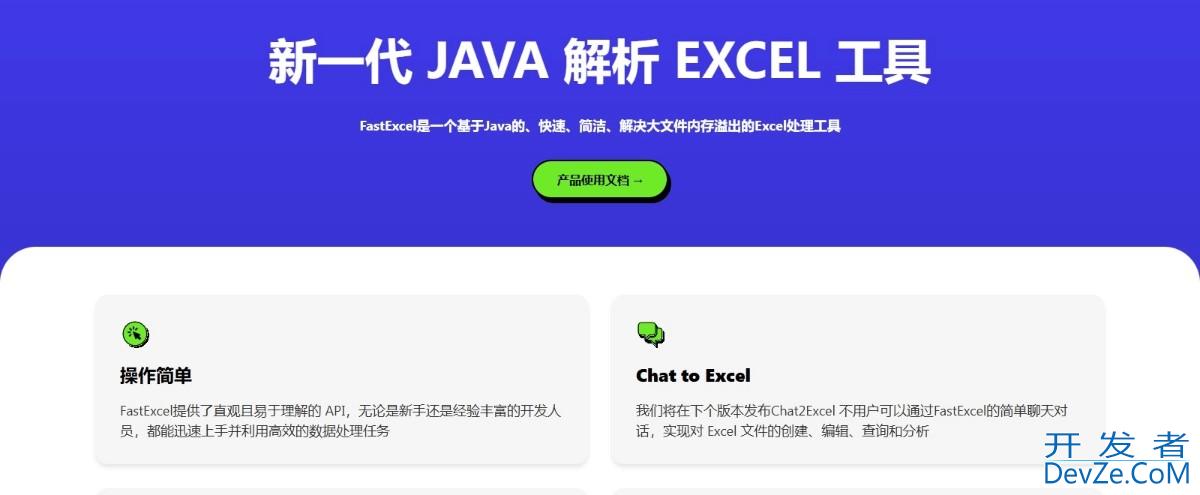
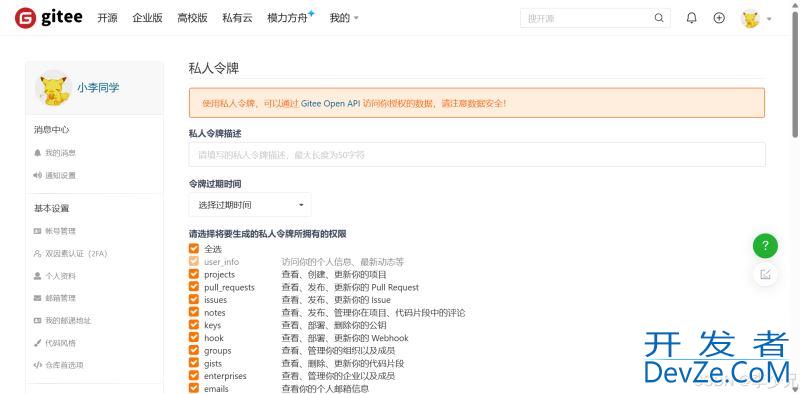
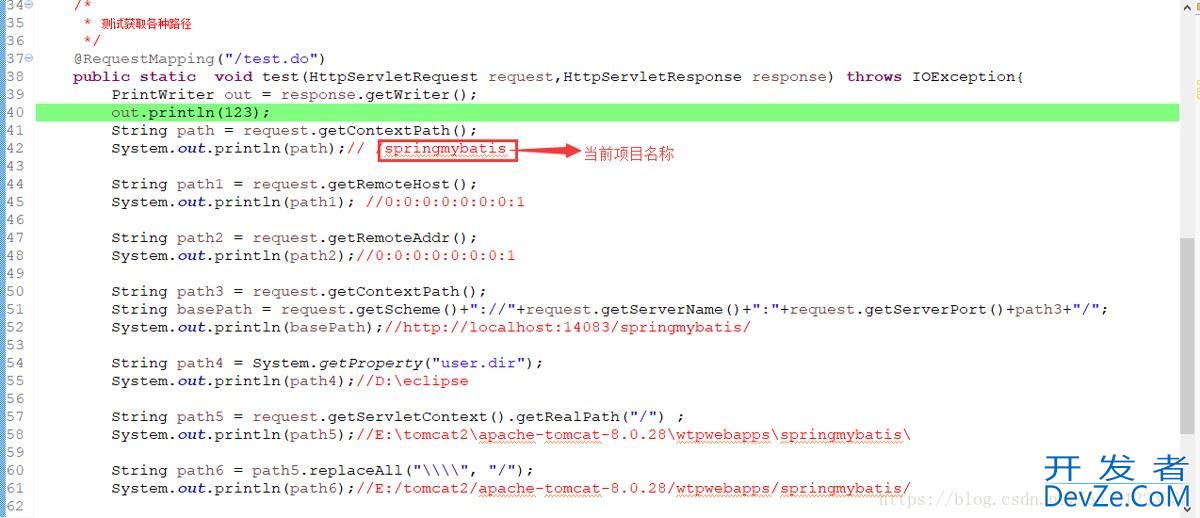

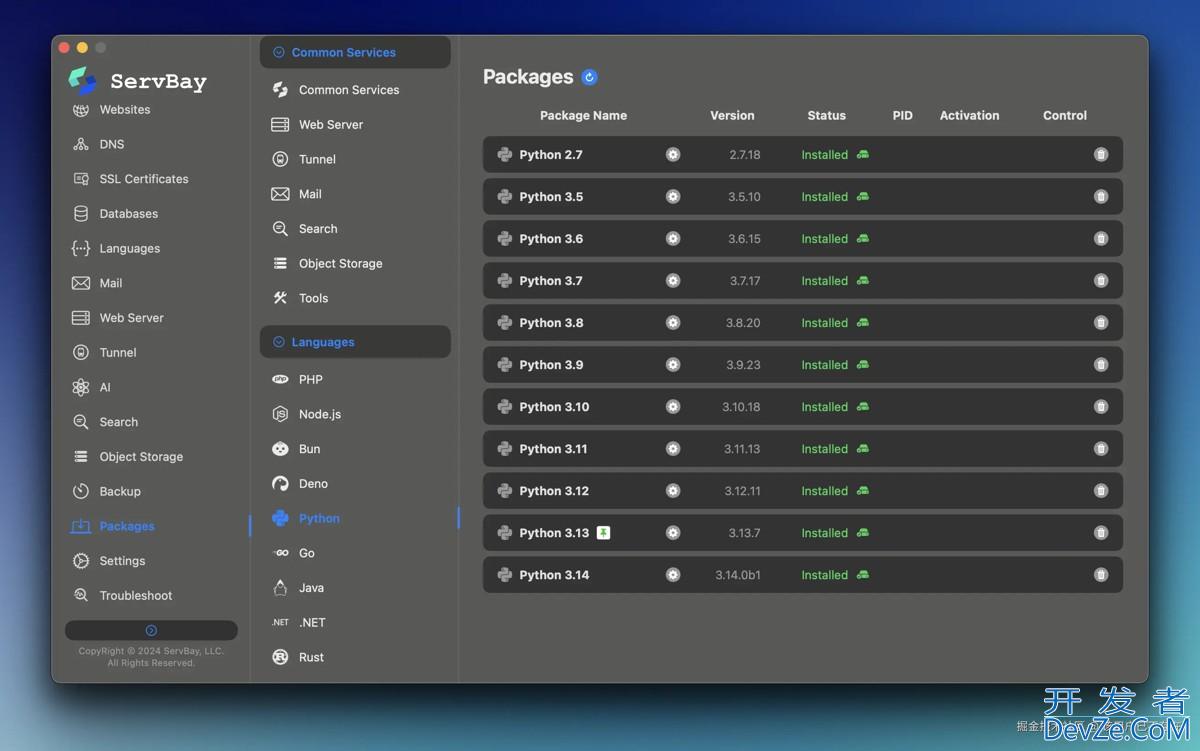
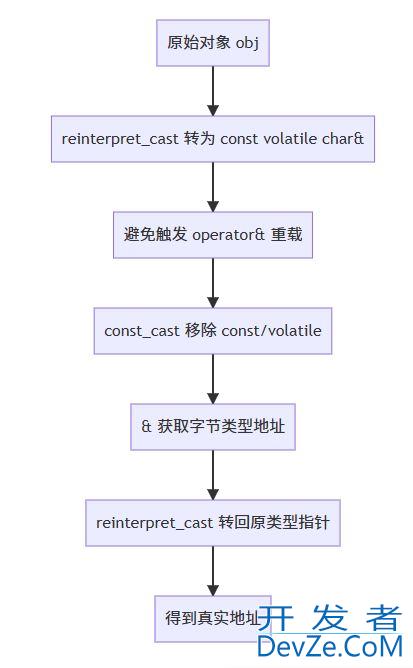
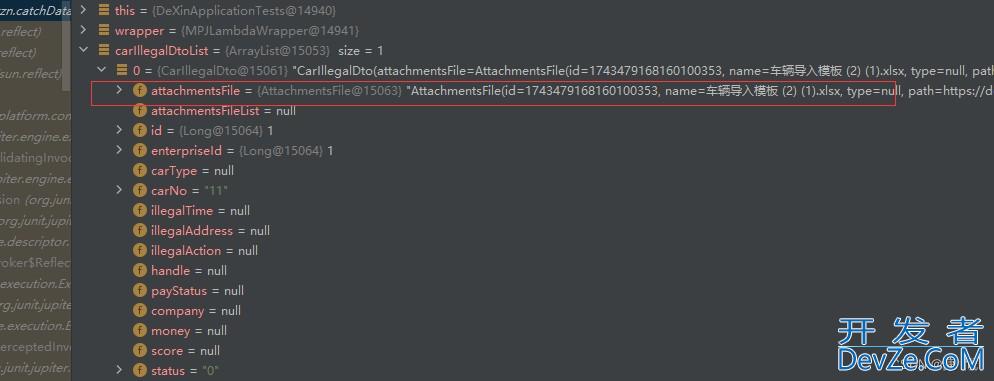

 加载中,请稍侯......
加载中,请稍侯......
精彩评论